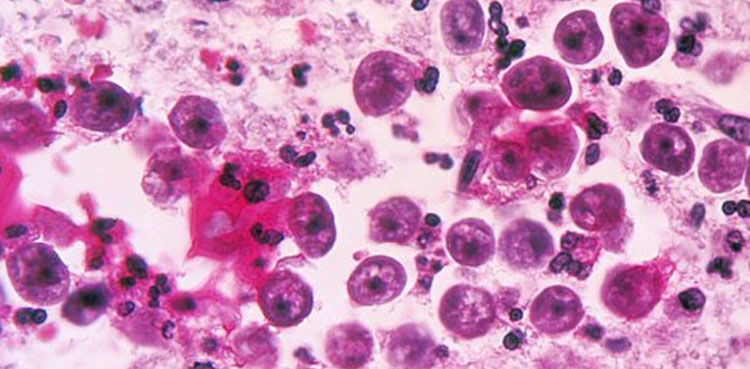The National Institute of Health (NIH) has issued an advisory after increasing cases of brain-eating amoeba; Naegleria fowleri.
The advisory has been forwarded to the federal and provincial health departments, as well as water and sanitation agencies.
According to the advisory, cases and deaths due to Naegleria have been reported in Pakistan since 2008. The advisory stated that brain-eating amoeba cases are being reported from various cities, including Karachi.
Symptoms of Naegleria include high fever, headache, vomiting, and neck stiffness, the advisory noted. At the final clinical stage, the virus can lead to coma, the advisory NIH warned.
The water supply department is advised to ensure the prescribed amount of chlorine is added to the water. The advisory highlighted that inadequate chlorine levels in water, especially during high temperatures, can cause Naegleria.
Read more: Naegleria resurfaces in Karachi, claims life of 30-year-old man
Brain-eating amoeba can be found in rivers, lakes, and hot springs, according to the advisory. The infection occurs when water with insufficient chlorine enters the nose, the advisory explained. Delayed diagnosis of the infection can lead to death within 4 to 7 days, the NIH advisory warned.
The NIH advisory noted that 75% of Naegleria cases are diagnosed posthumously. Naegleria cannot survive in clean, cold, chlorinated water, the advisory emphasized. Relevant authorities have been instructed to maintain the cleanliness of water tanks and pipes.



Leave a Comment